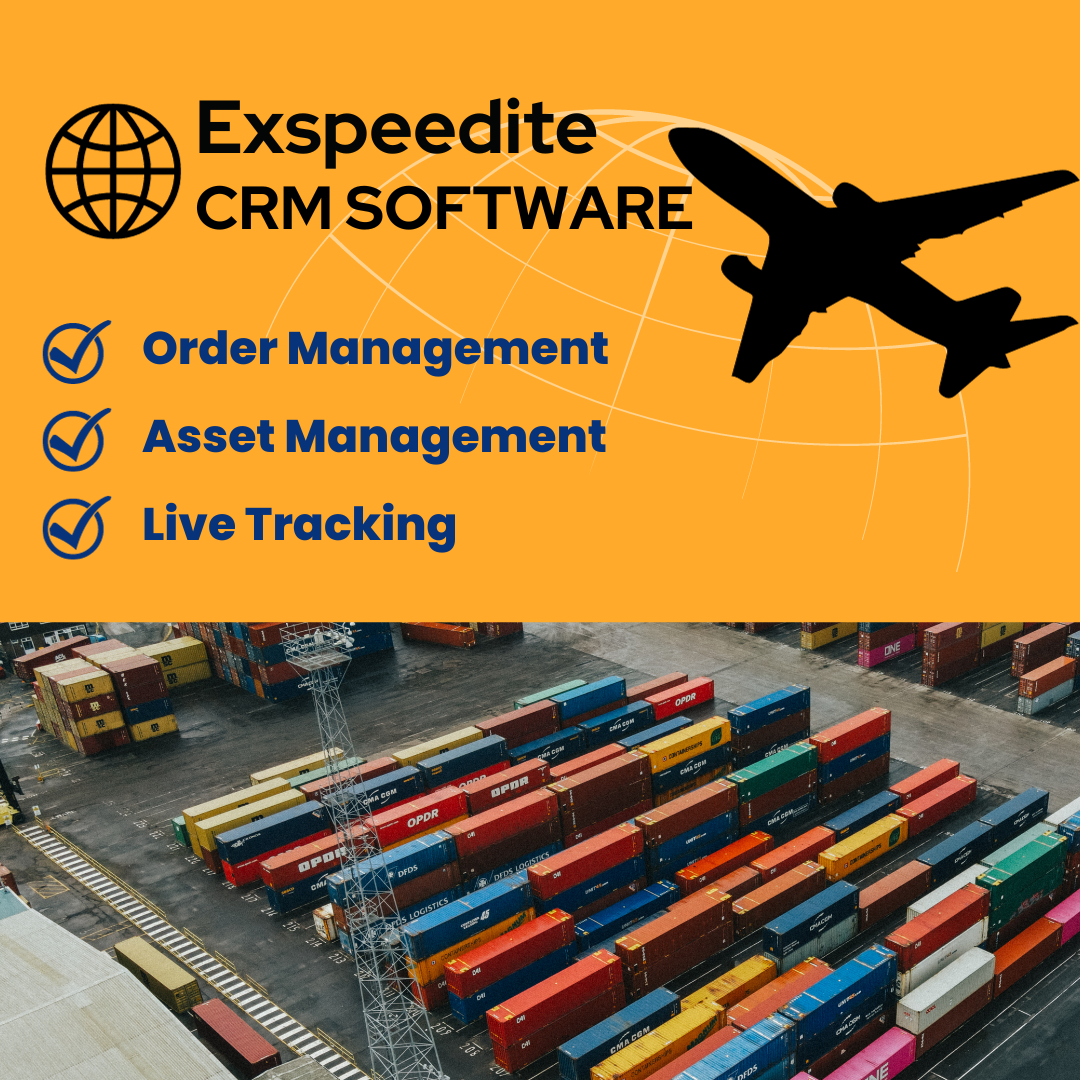Customer Relationship Management Tips: How to Decide What is Most Suitable for Your Business
In today's fast-paced commercial environment, selecting the appropriate CRM application can be a deciding factor for your organization. With countless options available, it’s easy to feel burdened by the choices. A well-selected CRM system not just improves your operations but also boosts customer relationships, increases sales, and enhances overall efficiency. However, comprehending what characteristics and functionalities best meet your specific needs requires detailed evaluation.
As you start the quest to find the ideal CRM platform, it is essential to analyze your organizational procedures, goals, and customer engagement strategies. Each business is unique, and what works for a company may not fit another. By taking crm solutions to evaluate your needs and investigating the various solutions available, you can reach a more knowledgeable decision that supports your organizational goals and in the end promotes success.
Understanding Customer Relationship Management Software Types
CRM software comes in various types, which are all customized to meet diverse organizational requirements. The three categories of CRM software are tactical, analytical, and collaborative. Tactical CRM concentrates on automating client-oriented operations such as selling, marketing, and customer service. This kind typically includes features for prospect monitoring, campaign management, and customer service automation, specifically aimed to boost customer interactions and increase business productivity.
Data-driven CRM, on the other hand, focuses on data analysis and analytics. It enables businesses form informed strategies by gathering and analyzing client information from multiple channels. With analytical CRM, companies can examine client habits, divide customers, and forecast upcoming patterns. This type of CRM is vital for businesses that aim to gain understanding from their client dealings and optimize their approaches based on information-based conclusions.
Cooperative CRM promotes communication and teamwork across different departments within a business. It enables various departments, such as selling, marketing, and client assistance, to share client data effectively. By breaking down barriers, team-oriented CRM guarantees that everyone is aligned with client requirements and can work together to improve the total client experience. This form of software is notably beneficial for companies where collaboration and cross-departmental communication are essential for achievement.
Key Features to Evaluate
When it comes to selecting a customer relationship management system, it's important to examine its user interface and simplicity. A software that is user-friendly and structured allows your team to adopt it quickly without extensive training. The setup should allow easy navigation, allowing users to obtain essential information and tools without difficulty. Consider how customizable the interface is, including whether it can address the unique requirements of different departments within your company.
The ability to integrate are another important aspect to evaluate when evaluating CRM software. The perfect platform should seamlessly connect with the various tools and systems your company utilizes, such as marketing platforms, customer service platforms, and social media tools. This interconnectivity enhances workflow efficiency by facilitating data exchange across systems, minimizing manual data entry, and providing a complete perspective of customer interactions.
In conclusion, examine the automated capabilities offered by the CRM software. The automation features can substantially cut down on repetitive tasks, allowing your team to concentrate on building relationships with customers. Look for features like automated lead assignments, automatic follow-up alerts, and linkage to workflow tools. A robust automation capability can streamline your operations and increase the overall productivity of your marketing and sales teams.
Choosing the Ideal Decision for Your Business
Choosing the appropriate CRM system is a vital choice that can greatly impact your business. Start by evaluating your individual demands and needs. Take into account elements such as the size of your team, the complexity of your sales process, and the type of your client engagements. A comprehensive review of your present procedures will help you identify which features are necessary. Regardless of whether you need robust reporting tools, marketing automation capabilities, or easy integration with existing applications, comprehending your priorities will direct you in the direction of the most suitable option.

Afterward, investigate the user-friendliness of different CRM systems. A intuitive interface can enhance the rate of acceptance among your staff and enhance efficiency. Leverage trial versions or preview versions to obtain a real-world understanding for the platform. At this stage, obtain comments from team members within your business to confirm that the chosen CRM fits with their processes and enhances their efficiency. This collaborative method will produce a less disruptive implementation and greater overall satisfaction with the latest system.
Finally, take into account expandability and potential growth. Your business may evolve, and the CRM you utilize should be able to adapt alongside it. Look for platforms that offer tailored capabilities and a range of pricing tiers to accommodate your changing requirements. Investing in a CRM that can develop with you will save hours and resources in the long run, as you won't be required to change systems regularly. By prioritizing your current requirements while thinking about the long-term goals ambitions, you can arrive at a knowledgeable choice that aligns with your business objectives.